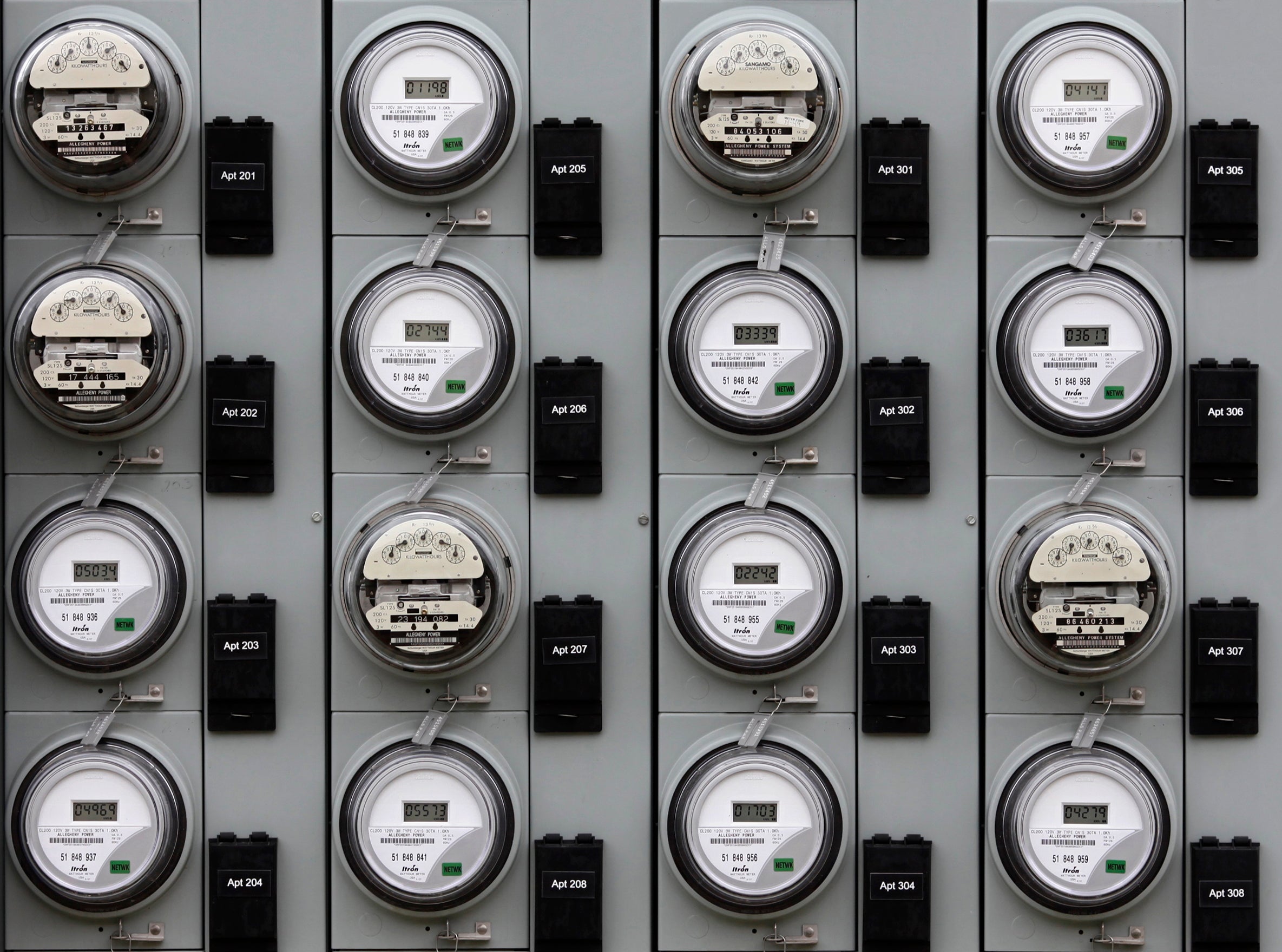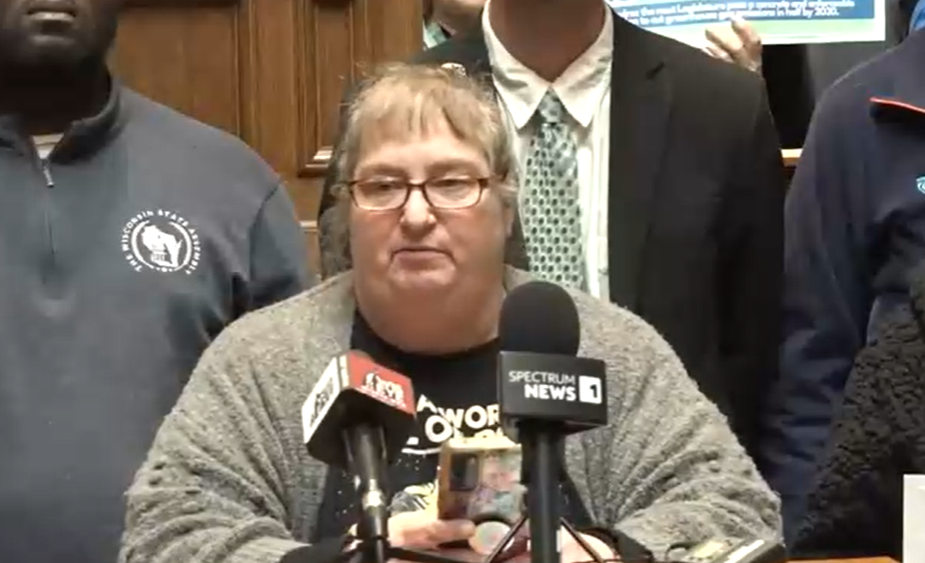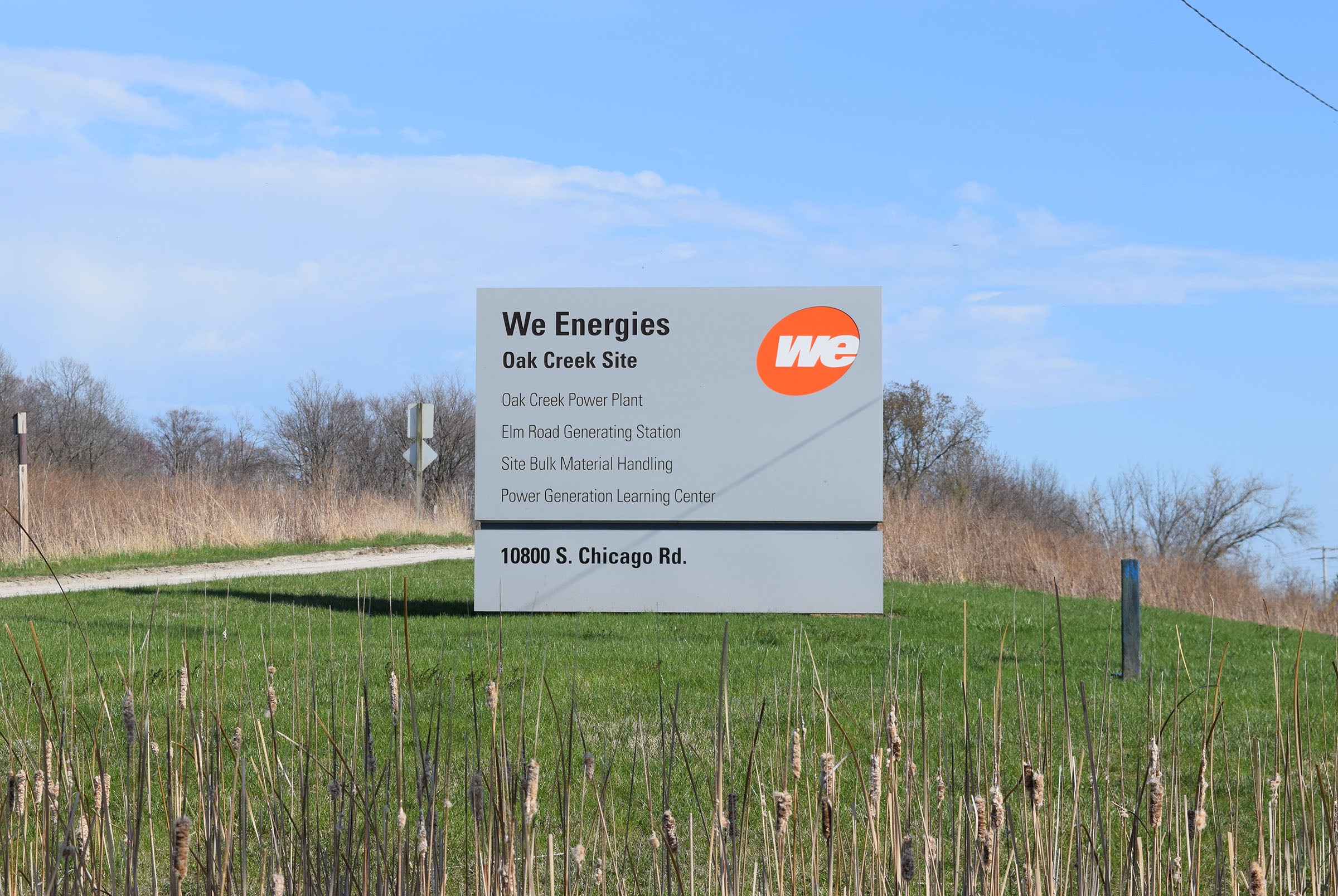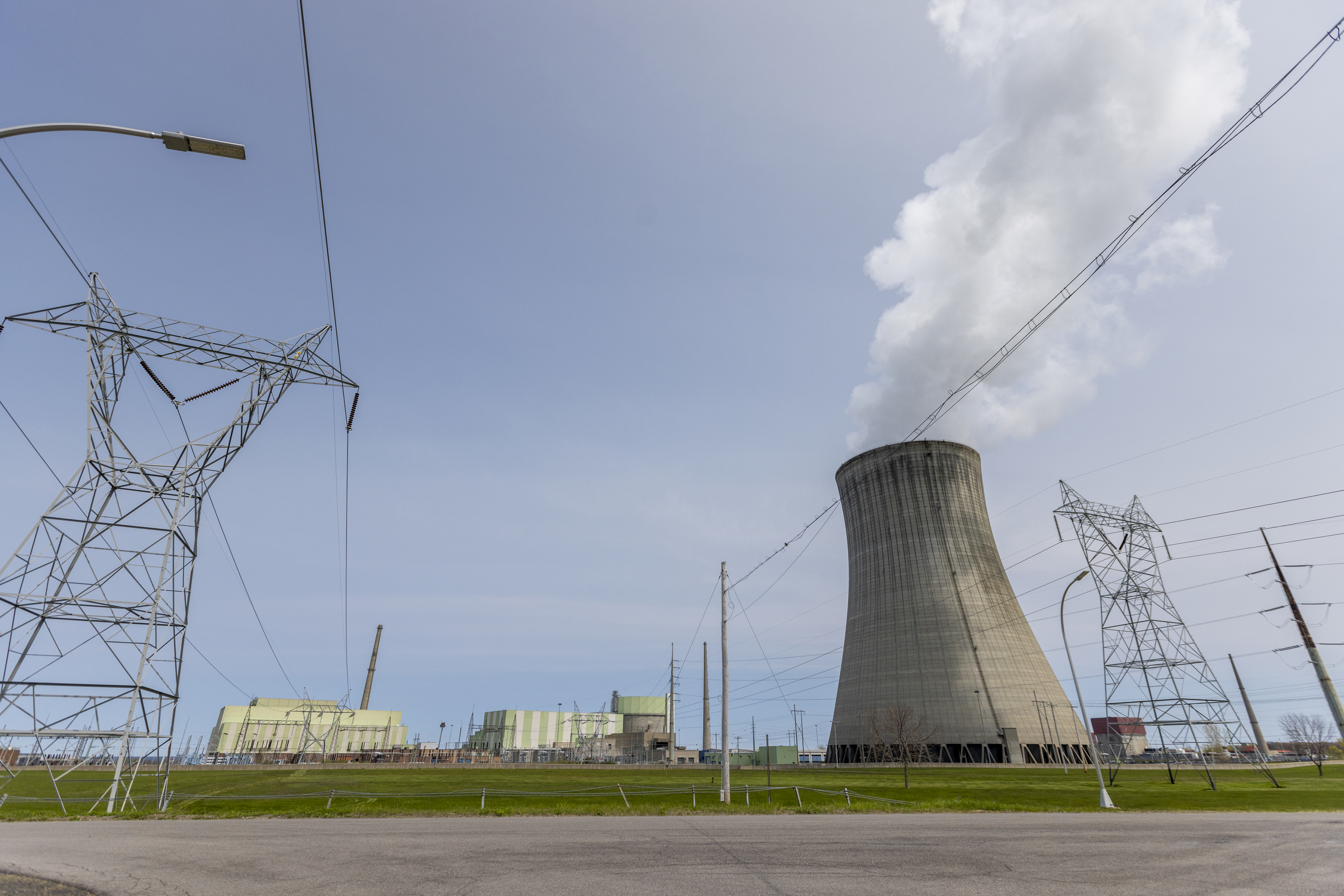The nuclear mirage: why small modular reactors won’t save nuclear power
by Arnie Gundersen | Jun 20, 2025
Don’t believe the hype, says a 50-year industry veteran
“The definition of insanity is doing the same thing repeatedly and expecting different results.”
— (Not actually Einstein, but it fits.)
Everywhere you look, the nuclear industry’s hype machine is in overdrive. Columbia University’s Center on Global Energy Policy urges a “warp speed” nuclear revival. Goldman Sachs, Microsoft, and the UK government all tout small modular reactors (SMRs) as the silver bullet for climate change and energy security. Tech billionaires are hiring nuclear veterans. Wall Street is whispering about “round-the-clock power” for AI data centers. The UK is betting billions on “mini nukes” to fill its looming energy gap.
For those old enough to remember, this should sound familiar. For those who don’t, listen up. I spent over 50 years in the nuclear industry, advancing to Senior Vice President and managing projects at 70 nuclear power plants. I hold a nuclear safety patent and co-authored three peer-reviewed papers on the spread of radiation after meltdowns.
Arnie Gundersen with a proposed model for a nuclear power plant in Montague, Massachusetts, 1973.
I once believed in the dream. I helped build the dream. And now, watching this third act unfold, I can only shake my head at the déjà vu. Because the nuclear industry’s latest pitch is not a revolution, but a rerun — an expensive distraction from real climate solutions.
The nuclear industry’s latest pitch is not a revolution, but a rerun — an expensive distraction from real climate solutions.
What is an SMR, anyway?
Small Modular Reactors (SMRs) are the nuclear industry’s latest shiny dream. It is more hope than strategy. SMRs only exist in the imagination of the nuclear industry and its supporters. SMRs can only be found on glossy PowerPoint slides. That is why Mycle Schneider dubbed SMRs “power point reactors.” There are no engineering plans, no blueprints, no working prototypes.
Still, hope springs eternal, and the idea is to build advanced atomic fission reactors, typically defined as producing up to 300 megawatts of electricity per unit, less than a third the size of a conventional nuclear plant.
The “small” part refers to their reduced output and physical footprint, while “modular” means they’re designed to be built in factories, shipped to sites, and installed as needed, supposedly making them cheaper and faster to deploy than traditional reactors. In theory, you could add modules over time to scale up output, like snapping together Lego blocks.
Too small to succeed
But let’s not be fooled by the word “small.” Even a single SMR is a massive, highly radioactive industrial machine, capable of powering a mid-sized city and containing a radioactive inventory far greater than the bombs dropped on Hiroshima and Nagasaki.
The “small” label is relative only to the behemoths of the last century. In practice, a “small” reactor brings all the big problems of a conventional reactor: dangerous radioactive fuel, complex safety systems, and the risk of catastrophic failure or sabotage. The only thing that’s truly small about SMRs is their inability to benefit from the economies of scale that, in theory, were supposed to make large reactors affordable — but never actually did.
All risk, no advantage
So, the SMR is a lose-lose: all the risks and headaches of traditional nuclear, but with none of the cost or scale advantages that never materialized in the first place.
But that is not stopping nuclear power zealots from championing what will be another failed chapter in the sad legacy of commercial atomic power. Sensing blood, the battered commercial nuclear industry is back with its most audacious pitch yet: SMR lobbying of governments worldwide for taxpayer money. Why? No private investor will touch nukes with a ten-foot uranium rod.
The SMR is a lose-lose: all the risks and headaches of traditional nuclear, but with none of the cost or scale advantages that never materialized in the first place.
The irony is rich: while Goldman Sachs, Microsoft, and Amazon herald SMRs as the solution to everything from AI’s energy hunger to coal’s decline, the nuclear vendors themselves won’t promise atomic power will be cheaper than renewables. Perhaps they recall the Westinghouse executives who were imprisoned for defrauding the public on atomic project costs. They know what I know: it is pure fantasy to think smaller, less powerful SMRs will magically generate cheap power. Power generation doesn’t work that way.
A legacy of failure — and my place in it
I started my career in the early 1970s, a young engineer with a master’s degree and a reactor operator’s license, working on Millstone Unit 1 in Connecticut. We were going to make electricity “too cheap to meter.” Instead, we made it too expensive to afford — and too complex to run reliably.
For almost 75 years, the American public has been the “buyer of last resort” for hundreds of loss-making nuclear power plants first developed during the administration of President Dwight Eisenhower. No reactor has ever been built in the US on time or on budget. Another 130 nuclear power plants were canceled before they ever produced a single watt of electricity. None were financially viable without massive taxpayer subsidies.
In the early 2000s, the industry attempted a comeback, promising a “Nuclear Renaissance.” Two dozen reactors announced, all but two canceled. The only survivors — Vogtle Units 3 and 4 in Georgia — deliver the most expensive electricity in the country, at twice the projected cost and years behind schedule.
Rinse, repeat, rebrand
Now, it’s a new century, and the industry is back with small modular reactors (SMRs). The pitch is that assembly-line production will ensure quality and lower costs. Assembly lines can replicate flaws just as efficiently as they replicate parts. In the 1970s, I inspected a Chattanooga factory where every reactor vessel had contaminated welds. Six reactors arrived at their sites with factory-induced damage, which limited their lifespans and reduced their efficiency.
Also, consider that every steam generator ever built for U.S. reactors has failed prematurely. Replacement generators have failed, too — sometimes within a year. SMRs will use the same technology, but somehow we’re supposed to believe the outcome will be different this time.
Early prototypes — about the size of today’s SMRs — failed regularly, sometimes catastrophically. The infamous SL-1 reactor in Idaho exploded, killing all three operators. The Wall Street Journal called these plants “Atomic Lemons”— costlier and less efficient than anyone expected.
I’ve witnessed firsthand how unreliable nuclear plants can be. At Millstone Unit 1, where my career began, the plant was shut down for months at a time due to repeated mechanical failures. We’d fix one problem, only to find the same issue cropping up a year later.
Different is not better
Novelty breeds uncertainty. While SMRs and conventional nuclear reactors both fall under the umbrella of atomic reactors, the similarities largely end there. The mechanical and electrical differences between these two concepts are profound, with SMRs introducing a host of new engineering challenges that have not been thoroughly analyzed or experienced in traditional nuclear power plants, potentially offsetting any anticipated benefits and prolonging the path to reliable deployment.
Each of these changes introduces new opportunities for failure — none of them well understood, all of them expensive to fix. SMRs introduce a host of untested problems, including using higher-enriched uranium, close to weapons-grade, raising proliferation and safety concerns.
SMRs introduce a host of untested problems, including using higher-enriched uranium, close to weapons-grade, raising proliferation and safety concerns.
If anything, their smaller size exacerbates some problems. Because of their compact cores, SMRs can leak more neutrons than conventional reactors, leading to more complex damage to the nuclear reactor itself and different radioactive waste streams — waste that is harder and more expensive to manage and dispose of.
Still as dangerous as ever
So, despite the “modular” promise, each SMR is still a massive piece of radioactive infrastructure, requiring the same level of security, emergency planning, and long-term waste management as any other nuclear reactor.
Upside-down economics
With SMRs, you get all the risk and complexity, but at even higher costs per unit of energy, due to the loss of economies of scale. That is why nuclear power has never been financially viable. Every plant built in the U.S. required public subsidies, and every attempt to reduce unit costs by increasing reactor size, designing the plant in factory modules, or eliminating safety features has ended in disaster or disappointment.
Failed promises
The industry’s new pitch — that mass-producing SMRs will lower costs — ignores the harsh lessons of economies of scale. In nuclear, bigger was always supposed to be better. Now, suddenly, smaller is the answer? That’s not innovation; that’s desperation.
What better example of failed promises than the much-hyped NuScale SMR project in Utah that was set to be the first SMR built in the US? But last November, citing soaring costs, the Utah Associated Municipal Power Systems (UAMPS) canceled the project. Announced in 2015, the UAMPS project envisioned building 12 reactors by 2023 for a cost of $3 billion. By the time it was canceled in November, cost estimates had tripled.
Regulatory capture: The fox guards the henhouse
If you think the Nuclear Regulatory Commission is looking out for you, think again. The NRC has repeatedly weakened safety and staffing requirements at the behest of SMR vendors. It’s regulatory capture, pure and simple — a replay of the FAA’s disastrous oversight of the Boeing 737 MAX.
In nuclear, bigger was always supposed to be better. Now, suddenly, smaller is the answer? That’s not innovation; that’s desperation.
“The NRC is truly a captured agency… NEI complained that the agency’s proposed language for a new rule to weaken security for new nuclear reactors was too stringent. So, the NRC complied and completely eviscerated the draft. Pathetic,” said Dr. Edwin Lyman, Union of Concerned Scientists
Who’s who in SMRs
But none of this has stopped nuclear vendors from pushing their SMR hopefuls:
- Holtec: It has never built a reactor. Its design has changed three times in three years, each version more complex. Larger and expensive than the last. At one point, Holtec claimed its reactor would be as safe as a chocolate factory. Willy Wonka would disagree.
- Natrium: Backed by Bill Gates, it uses liquid sodium coolant and a thermal storage gimmick. The design is so complicated that the only thing it’s likely to generate is more press releases — and perhaps a few more government grants. And here’s the kicker: the only fuel available for Natrium’s first core load was to come from Russia. When Russia invaded Ukraine, the project was immediately delayed by at least two years, exposing the folly of building a new generation of reactors dependent on a single, geopolitically fraught source of fuel.
- NuScale: The first to get NRC approval for an SMR design, but has no customers and just canceled its flagship project due to cost overruns. Its original 50 MW design was quickly upsized to 77 MW after the economics failed to pencil out. After revisiting the drawing board, the new version was just approved in May, but there are no unsubsidized potential buyers.
- Westinghouse: The old hand. Its AP1000 reactors in Georgia nearly bankrupted the company. Now it’s back with an even smaller AP300. Because if at first you don’t succeed, shrink the reactor and try again.
Goldman Sachs, Microsoft, and the UK: The new true believers
But never let facts get in the way of a good story. It’s almost touching to see the world’s financial and tech giants lining up behind SMRs, as long as they are subsidized by someone else. Goldman Sachs projects that SMRs could provide “round-the-clock power” for the data centers of tomorrow, even suggesting that their cost could undercut large-scale renewables. Microsoft is actively hiring nuclear veterans to accelerate its own small modular reactor strategy, convinced that mini-nukes will help keep its cloud and AI ambitions carbon-free.
The UK government is betting billions on Rolls-Royce and a new generation of “mini nukes” to fill the country’s looming energy gap, promising jobs, security, and a low-carbon future.
Why nuclear can’t compete with renewables
The dream of the first nuclear plants was that mining uranium was a lot cheaper than mining coal. But while nuclear costs continue to rise, wind, solar, and battery storage are becoming increasingly cheaper and more reliable every year. And the sun and wind give energy for free. Renewables are now the lowest-cost source of new electricity in most markets. Nuclear, by contrast, has never achieved cost reductions through learning or mass production. Every new design is a new experiment, with new risks and new costs.
Every dollar spent on SMRs is a dollar not spent on proven, less expensive, rapidly deployable renewable energy sources. Worse still, the delays and overruns that have plagued nuclear projects mean that SMRs cannot be built in time to meet urgent climate goals. Meanwhile, wind, solar, and storage are already delivering reliable, affordable, and clean power to the grid.
The climate crisis demands solutions that are proven, scalable, and affordable — qualities that nuclear power, in any form, has never delivered.
After half a century in the nuclear trenches, I can say this with certainty: the latest SMR campaign is not a revolution but a rerun (relapse?). It’s an expensive distraction from the real work of decarbonizing our energy system. The climate crisis demands solutions that are proven, scalable, and affordable — qualities that nuclear power, in any form, has never delivered.
SMRs will never be built
Here’s the final irony: despite all the headlines and billions in taxpayer subsidies, an SMR will never be built — not in time to matter, and not at a price that makes sense. But that won’t stop the industry from burning through billions more in public money, chasing a fantasy that distracts and diverts resources from real, proven solutions. As Yogi Berra said, “It’s déjà vu all over again.” And as someone who’s lived through every act of this atomic opera, I can only add: Fool me once, shame on you. Fool me twice, shame on me. Fool me a third time? Well, that’s just nuclear insanity.
Arnie Gundersen is a former nuclear industry executive and Chief Engineer at Fairewinds Energy Education. He has testified as an expert on nuclear safety and reliability worldwide.
Featured photo: Full-scale mock-up of NuScale SMR. Source: science.org
Written by
Arnie Gundersen
Arnie Gundersen has more than 50 years of nuclear power oversight and engineering experience. He has two nuclear engineering degrees, a Reactor Operator’s license, was a corporate Senior Vice President for an atomic licensee, has a nuclear safety patent, three peer-reviewed papers on radiation, and authored a best-selling book in Japanese about the Fukushima meltdown in Japan. In addition to teaching reactor physics to graduate students and undergrads, Mr. Gundersen has given presentations at universities and government agencies and testified as an expert witness worldwide. He is also a founding director of the board of Fairewinds Energy Education Nonprofit [www.fairewinds.org].





































